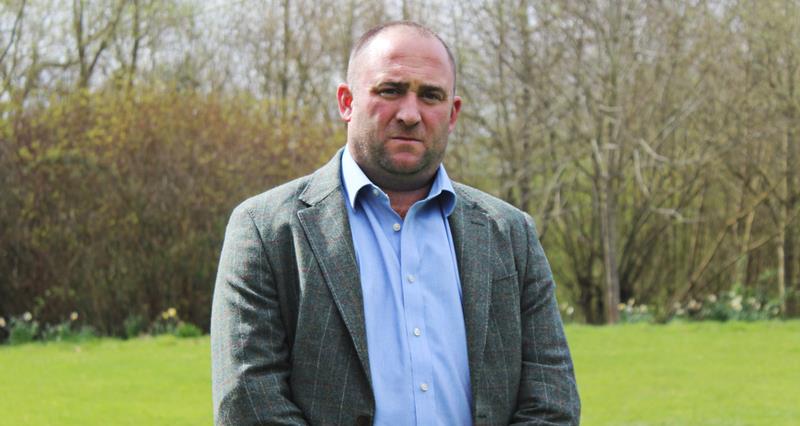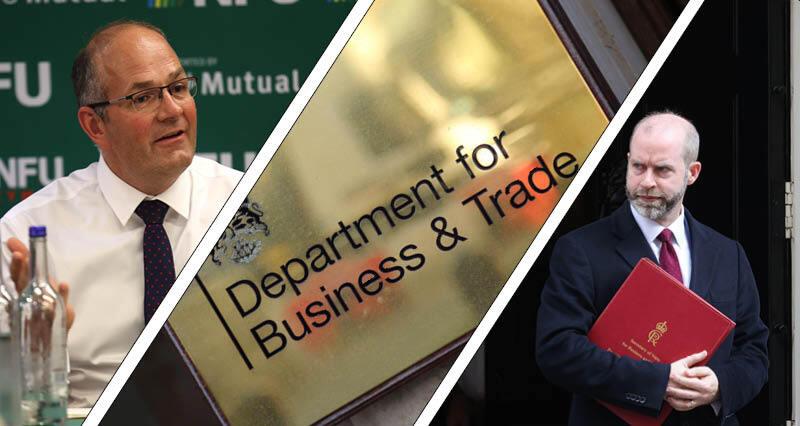The DfT (Department for Transport) has published an as part of its RTFO (Renewable Transport Fuel Obligation) statutory review. The RTFO sets annual obligations for fuel suppliers to ensure a certain percentage of renewable, low carbon fuel is supplied to road vehicles, non-road mobile machinery and other surface transport modes.
The British biofuel industry is a significant domestic market for growers. AHDB analysis indicates that the volume of UK wheat entering the bioethanol supply chain has been as high as 1.2m tonnes (in 2017 which was approx. 8% of the UK crop), prior to changes to the RTFO which artificially capped the UK bioethanol market.聽
皇家华人has been campaigning for policy changes to address key issues growers have raised including:
- Setting the crop cap at its maximum level, or even removing it altogether.
- Recategorisation of waste-based feedstocks and their double reward.
- A switch to greenhouse gas-based reporting.
- Investigating opportunities for E20 petrol.
In the update, published last week, the DfT has provided assurances that its future work would include:
- A consultation on the broader RTFO scheme containing proposals for the future target trajectory, including options for increased targets and improving the development fuel obligation.
- A call for evidence, to be published later in 2025, on the eligibility of different types of crops in the SAF (Sustainable Aviation Fuel) mandate.
- Convening an expert working group to explore whether ethanol blending in petrol can be increased beyond E10 (10%) in the UK.
Government has listened
皇家华人engaged with DfT on the call for evidence in early 2025, including a private meeting with a DfT minister, stating the importance of the bioethanol industry to UK farmers. Separately, we've been working with stakeholders on enabling crop-derived feedstocks to be permitted under the SAF mandate for aviation fuel, which are currently not allowed to be used.
We're pleased to see that DfT has listened to our calls for enhanced long-term opportunities for UK growers to supply our domestic biofuel plants, however, we have expressed frustration at the timescales at which change is likely to be delivered.
It is also disappointing that this announcement comes alongside the decision by the UK government to not provide the essential short-term support needed to keep the UK鈥檚 two bioethanol plants viable. This has already resulted in the closure of Vivergo, the one plant which consistently uses UK wheat, while the future of Ensus, which reportedly uses more so than UK grains, remains in the balance.
NFU Combinable Crops Board Chair Jamie Burrows said the closure of Vivergo was a "huge blow", not just for the workers who will lose their jobs, but the thousands of people whose livelihoods depend on that supply chain.
The crop cap
Measures to limit the use of crop biofuels were introduced via a crop cap in April 2018. This defined the maximum contribution that biofuels made from agricultural crops can make towards meeting suppliers' obligations. The change was made to encourage the use of sustainable waste-derived fuels due to their lower lifecycle emissions and reduced pressure on land use.
The maximum level for crop-derived fuels was set at 4% of total fuel in 2018 and from 2021 reduces linearly each year to reach 3% in 2026 and 2% in 2032. It is set to remain at the 2% level in subsequent years.
Categorisation of waste-based feedstocks
The RTFO double counts the majority of sustainable wastes, which have achieved a new, highly valued state due to legislation which favours these products over crops.聽
The DfT has acknowledged concerns that double counting of waste-derived low carbon fuels has driven competition between waste-derived fuels and those crop-derived fuels associated with lower indirect land use change impacts.
The crop cap has a significant impact on the perception of crop-derived fuels. Namely, the binary view that crops are bad, and wastes are good. This removes the nuance that is required in the conversation surrounding feedstocks, including that bioethanol producers are creating fuel and feed together.
Rewarding of fuels
The DfT has confirmed that it will consult on how low carbon fuels are rewarded under the RTFO. This could include a switch to greenhouse gas-based reporting. This alternative model would mean that fuels are rewarded based on the emissions savings they achieve compared to fossil fuels, with better performing fuels receiving more certificates, and no additional incentive for waste-derived fuels. The SAF mandate, which began in 2025, operates on this basis. In the call for evidence, the majority of stakeholders favoured this approach.
The DfT has said that rewarding fuels based on the emissions reductions they achieve would seem to better align with overall policy objectives. However, understanding the greenhouse gas emissions associated with different fuels is not straightforward. There remains a risk that a greenhouse gas scheme could inadvertently incentivise fuels which have higher indirect land use change risk associated with them.
Should a greenhouse gas scheme be introduced in the RTFO, there would be no need for a crop cap. This would allow crops to be used but only if they have significant greenhouse gas savings and low land use impact. It would therefore encourage suppliers to employ best practice in the cultivation of crops.
Next steps
The government will continue to engage with stakeholders on changes to the RTFO, building its evidence base through workshops before consulting on any potential changes. It aims to introduce any necessary legislation in 2026 and implement any changes to the RTFO in time for the start of the 2027 reporting year.
皇家华人will remain engaged with government on this important policy area.



